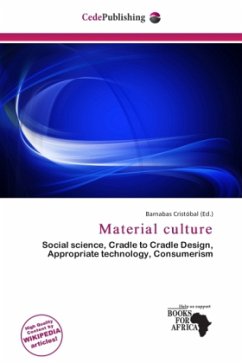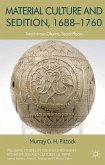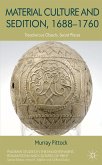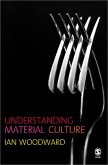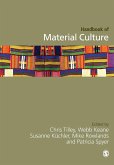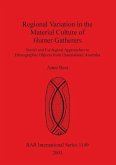Please note that the content of this book primarily consists of articles available from Wikipedia or other free sources online. In the social sciences, material culture is a term that refers to the relationship between artifacts and social relations. Studying a culture's relationship to materiality is a lens through which social and cultural attitudes can be discussed. It is also a term used by historians, sometimes described under the variant term material history, where it means the study of ancient objects in order to understand how a particular culture was organised and functioned over time. People's relationship to and perception of objects are socially and culturally dependent. The perceived importance of our material heritage was expressed in 1976 by a UNESCO panel that claimed "cultural property is a basic element of people s identity and being depends on having (Rowlands, 2002: 127)" Although protecting cultural heritage can help to empower minorities, preoccupations with of cial monuments can also silence diverse histories. This discourse has its roots in museums, but there has been "a shift from such favored objects of theory as Stonehenge and Kula valuables to consumables like tomato soup".

